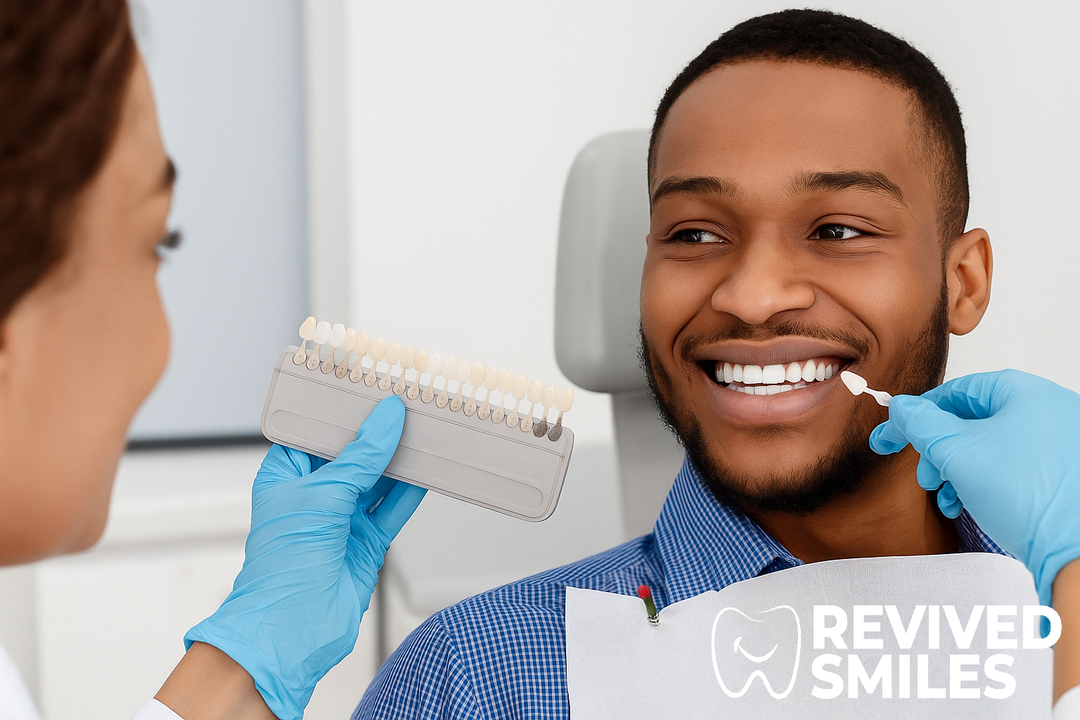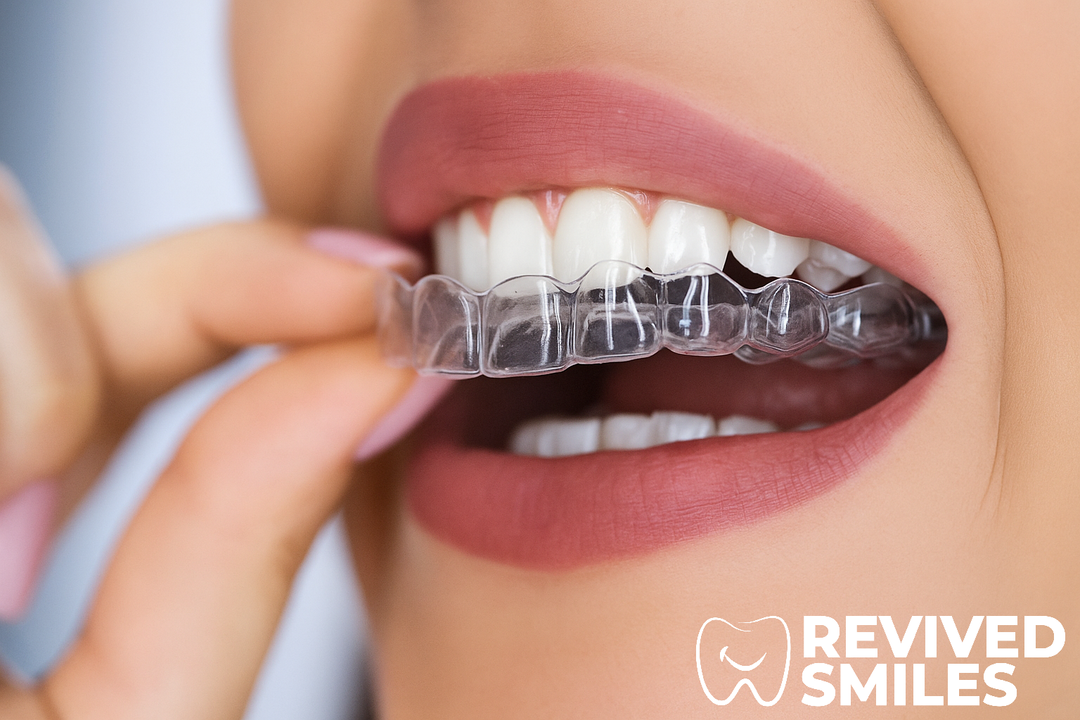What is a Dental Lab? Understanding the Backbone of Your Dental Restorations

Dental labs play a critical, yet often behind-the-scenes role in the dental care process. These specialized laboratories are responsible for creating custom dental appliances that help restore patients’ smiles, including crowns, bridges, dentures, retainers, and nightguards. Whether you're a patient awaiting a new dental prosthesis or a dentist working closely with a lab, understanding what a dental lab is and how it operates can shed light on the vital function they serve in modern dentistry.
What is a Dental Lab?
A dental lab, or dental laboratory, is a facility where licensed dental technicians create, modify, and repair dental appliances based on the specifications provided by a dentist. Every restoration or appliance a lab produces is custom-made to meet the unique needs of the individual patient. The primary objective of a dental lab is to manufacture high-quality dental prosthetics that improve the function, aesthetics, and health of a patient’s teeth.
Dental labs work closely with dental professionals to craft items such as:
-
Crowns and Bridges: Used to restore damaged teeth or replace missing teeth, crowns and bridges are typically made from durable materials such as porcelain, metal, or ceramics.
-
Partial and Full Dentures: Dentures are removable appliances that replace missing teeth. They can be made from acrylic, metal, or a combination of materials and are custom-fitted to the patient's mouth for comfort and functionality.
-
Retainers and Aligners: These devices help maintain the position of teeth after orthodontic treatment or gently move teeth into place.
-
Nightguards: Dental labs produce nightguards to prevent tooth grinding (bruxism) and protect the teeth while the patient sleeps.
-
Implant-Supported Restorations: These are prosthetics like crowns or bridges that are attached to dental implants for patients missing teeth.
How Does a Dental Lab Work?
The work of a dental lab begins when a dentist takes a detailed impression or scan of the patient's mouth. These impressions capture the shape, alignment, and position of the patient’s teeth and gums, which the lab uses to create an exact replica of the patient's oral structure. Depending on the type of appliance needed, the lab may use a variety of materials such as acrylic, metal alloys, ceramics, and high-strength resins.
-
Case Submission: After a dentist examines a patient, they send case specifications and impressions to the dental lab, providing precise instructions for the dental restoration or appliance.
-
Material Selection: The lab technician selects the best material for the specific appliance, considering factors like the patient's dental needs, aesthetics, and durability.
-
Design and Fabrication: Using advanced technology such as CAD/CAM (computer-aided design and manufacturing), the dental lab designs the restoration. Once the design is finalized, technicians manually craft the appliance with careful attention to detail, ensuring a perfect fit.
-
Finishing and Polishing: The dental appliance is polished and refined to match the patient’s other teeth. A natural appearance is essential for comfort, functionality, and aesthetics.
-
Quality Control: Before being sent back to the dentist, every appliance undergoes a thorough inspection to ensure it meets quality standards. The dentist will then fit the appliance to the patient’s mouth and make any necessary adjustments.
The Technology Behind Dental Labs
Modern dental labs use cutting-edge technology to improve precision and efficiency. Some common technologies include:
-
Digital Impressions: More accurate than traditional molds, digital impressions eliminate the need for gooey trays, offering a comfortable and fast way to capture oral structures.
-
CAD/CAM: This technology allows dental labs to design and manufacture prosthetics with remarkable precision, improving both fit and durability.
-
3D Printing: Dental labs are increasingly adopting 3D printing technology for faster and more cost-effective production of crowns, bridges, and dentures.
Why Are Dental Labs Important?
Dental labs are essential for producing the custom dental appliances that patients need to restore the health, function, and appearance of their teeth. Without the expertise of dental technicians, dentists would not be able to provide the necessary restorations that many patients rely on to improve their oral health. High-quality work from a dental lab ensures that the appliances fit perfectly, are comfortable, and are long-lasting, directly impacting the success of dental treatments.
The Difference Between In-House and Independent Dental Labs
Some large dental practices or dental chains may have in-house dental labs, where the appliances are crafted on-site. However, many dental practices rely on independent, full-service dental labs that specialize in creating a wide range of dental prosthetics. Independent dental labs often serve multiple dental offices, providing specialized expertise and the flexibility to handle a large volume of cases.
Choosing the Right Dental Lab for Your Practice
If you're a dental professional, choosing the right dental lab can make a significant difference in your workflow and the quality of care you provide to your patients. Here are some factors to consider when selecting a dental lab:
- Quality of Work: Look for a dental lab with a reputation for high-quality craftsmanship and attention to detail.
- Turnaround Time: Ensure the lab can meet your practice's deadlines without sacrificing quality.
- Technology: Choose a lab that uses modern dental technology like CAD/CAM and digital impressions for improved accuracy and efficiency.
- Communication: A good dental lab should have strong communication practices, keeping you updated on case progress and making it easy to collaborate on complex cases.
Conclusion
Dental labs play a crucial role in dentistry by providing custom-made restorations and appliances that enhance patients' oral health. With cutting-edge technology and skilled technicians, dental labs are able to deliver high-quality, functional, and aesthetic dental appliances that help improve patients’ smiles.
If you’re looking for a partial denture, retainer, or nightguard, visit Revived Smiles for affordable at-home dental appliances designed to fit your needs perfectly. We offer professional-grade dental solutions that provide comfort and durability at a fraction of the price.





Leave a comment